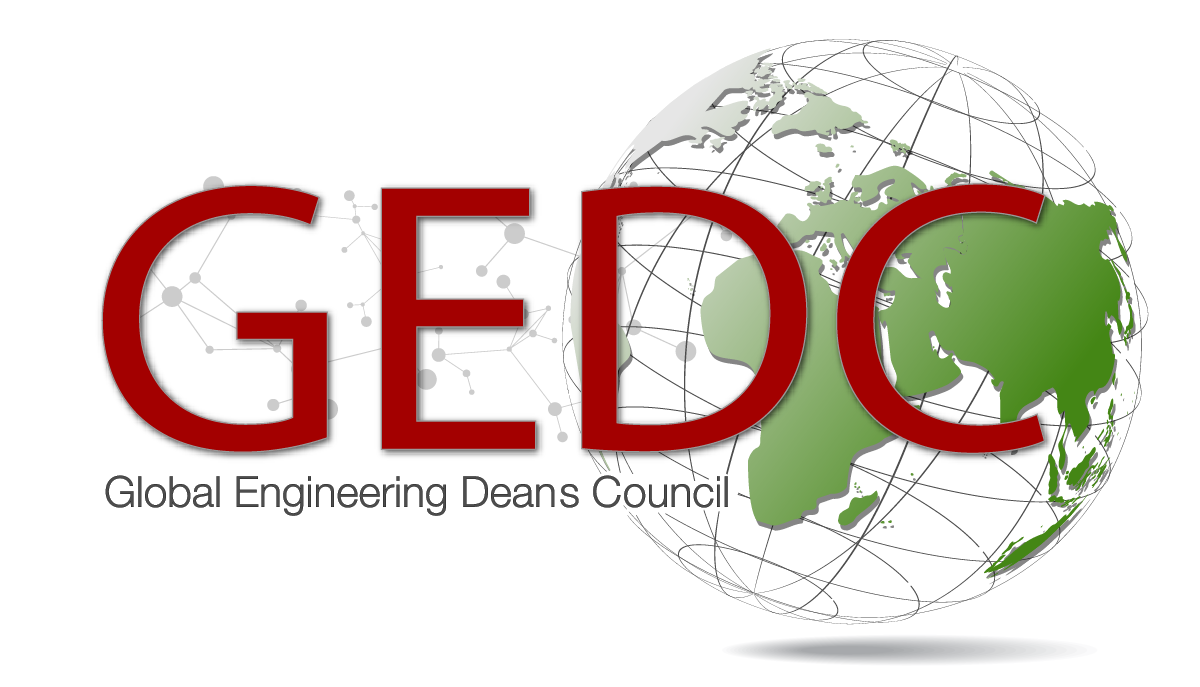Gül E. Kremer holds the Wilkinson Professorship in Interdisciplinary Engineering in the Department of Industrial and Manufacturing Systems Engineering at Iowa State University. She has served in several leadership roles within Penn State, before joining Iowa State, including Chair of the Engineering Faculty Council, Engineering Caucus Leader, Chair of Engineering Curriculum Committee and Chair of the University Planning Committee. Dr. Kremer has degrees in industrial engineering from Yildiz Technical University, an MBA from Istanbul University and a PhD in Engineering Management from Missouri University of Science and Technology. She has been a National Research Council-US AFRL Summer Faculty Fellow in the Human Effectiveness Directorate from 2002 to 2004, and a Fulbright Scholar (2010-2011). She served as a Program Director in the National Science Foundation’s Division of Undergraduate Education between August 2013 and August 2016.
Dr. Kremer’s research interests include applied decision analysis to improve complex products and systems, and engineering education. The results of her research efforts have been presented in various publications (3 books, more than 280 refereed publications). Six of her papers have been recognized with Best Paper awards. She has active research collaborations in China, France, and Taiwan.
She is a Fellow of the American Society for Mechanical Engineers (ASME), and a senior member of the Institute of Industrial Engineers (IIE). She has served as the Chair of Design Education and Design for Manufacturing and Lifecycle Technical Committees of the Design Engineering Division of ASME. She has given several keynote talks on enhancing creativity in STEM students and sustainability in product and system engineering, and has served in the scientific committees for many conferences. Currently, she is serving in the editorial boards of Journal of Mechanical Design, Advances in Engineering Education, International Journal of Precision Engineering and Manufacturing and Journal of Industrial & Production Engineering.
In addition to her technical work, she has significant contributions to research efforts that are directed toward improving engineering education amidst the challenges and opportunities we face as engineers and educators. For example, two NSF-funded projects entitled “Prototype to Production: Processes and Conditions for Preparing the Engineer of 2020”, and “Prototyping the Engineer 2020: A 360-degree Study of Effective Education”. The first project prepared several research instruments based on qualitative and quantitative research to identify the processes and conditions for preparing the engineer amidst future demands on our engineering programs, and assessed the preparedness levels of institutions to meet these demands. The second project employed a stratified sample of engineering programs with the aim of assessing our national preparedness. Her more recent research in this domain concentrates on developing a framework to assess four professional skills in STEM students (teamwork, ethical decision making, creative problem solving and global awareness).

